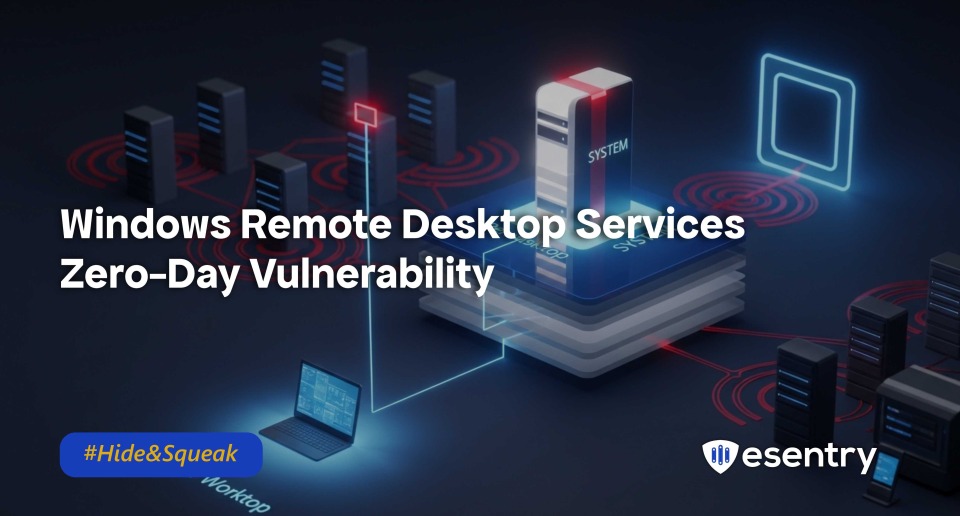On Thursday, June 12, 2025, a massive downtime was observed across Cloudflare, AWSand Google Cloud Platform (GCP) causing a lot of people to speculate if it’s a cyberattack.

The outage impacteda wide range of Cloudflare’s services, including Workers KV, Browser Isolation, Durable Objects, Workers AI, Stream, and certain features of the Cloudflare dashboard.
What Happened
Cloudflare workers KV, a globallydistributed key-value storage system which allows developers to store and retrieve data on the edge of Cloudflare's network experienced a critical failure.
This was attributed to a downtime affecting third-party service dependency leading to failure of multiple products that rely on the KV service for storing and disseminating information, including Turnstile, AI Gateway, AutoRAG, andRealtime services. This was confirmed by the CTO at Cloudflare, Dane Knecht.

Concurrently Google saw its critical Workspace applications including-
· Gmail
· Google Calendar,
· Google Chat,
· Google Meet,
· Google Drive,
· Google Cloud Search,
· Google Tasks, and Google Voice affected by the outage.
The Impact
These impacts illustrate the broad consequences of the outage, affecting both the technical infrastructure and the customer experience associated with Cloudflare services.
1. Service Disruption
· Multiple Cloudflare offerings, including:
· Workers KV,
· Browser Isolation,
· Durable Objects,
· Workers AI, and Stream, experienced downtime.
This disruption hindered users' ability to access and utilize these services effectively.
2. Cascading Failures
The failure of the Workers KV service led to cascading failures across variousproducts that depend on it. Services like Turnstile, AI Gateway, AutoRAG, and Realtime services were impacted, affecting users who depend on these functionalities.
3. Data Storage and Dissemination
The outage affected the storage and dissemination of information across services thatutilize the KV service. This could lead to delays in data retrieval andprocessing, impacting applications that rely on real-time data.
4. User Experience
Users experienced frustration due to their inability to access critical services.This could lead to a loss of trust in Cloudflare's reliability and performance.
5. Business Operations
Businesses relying on Cloudflare’s services faced interruptions in their operations, potentially leading to financial losses and decreased productivity.
6. Customer Inquiries
The outage likely resulted in a surge of support requests from customers seeking assistance and clarification about the incident, straining customer supportresources.
Key Lessons and Recommendation
Resource Allocation
The company may need to allocate additional resources for post-incident analysis and improvements to prevent similar occurrences in the future, impacting ongoing projects and initiatives.
EvaluateThird-Party Services
Organizations should regularly assess the reliability of third-party services being used intheir infrastructure. Understanding these dependencies can help reduce risks associated with external failures.
Redundancy
Implementing redundancy in critical services can prevent critical failures. Designing systems to effectively handle failures can minimize the impact on service availability.
Real-Time Monitoring
Establishing standard monitoring and alert systems can help detect issues early. This allows for quicker response times and minimizes downtime.
Final Thoughts
Cloudflare services were fully restored after 2 hours and 28 minutes of downtime.
While outages are often unavoidable in complex systems, the lessons learned from incidents like the Cloudflare outage can lead to stronger, more resilient services. By focusing on preparedness,communication, and continuous improvement, organizations can be better prepared for future occurrence.








.png)
.png)